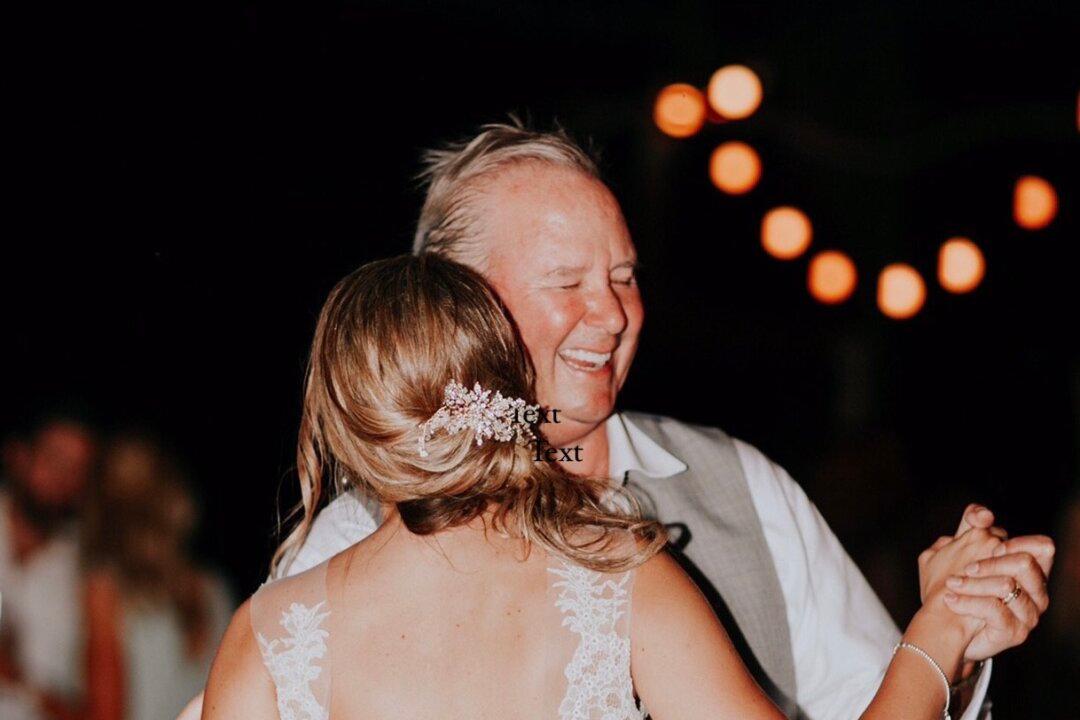The family of an Arizona businessman and grandfather is desperately hoping to persuade the hospital that’s caring for him to try alternative treatments for COVID-19.
Stephen Judge, who turned 69 on Christmas Eve, has been hospitalized since Nov. 17; he’s been ventilated mechanically since Dec. 7.





